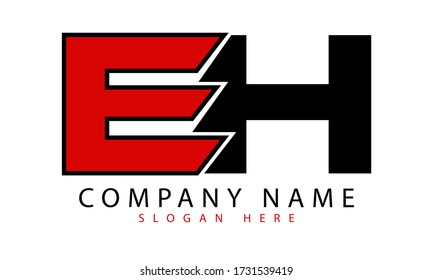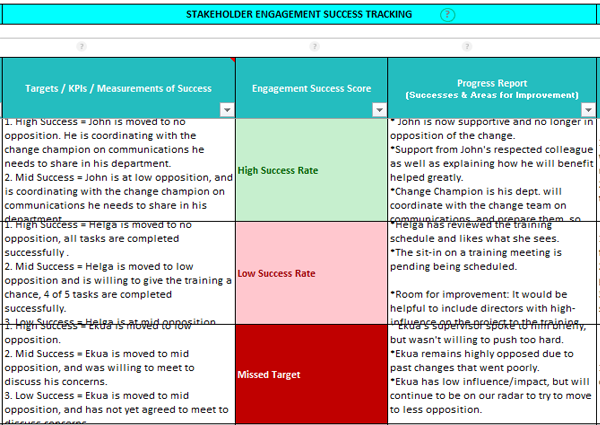
The Waste Management Company of Pen Argyl is a new Federally-funded waste management company that has recently opened in Northampton County. This facility will create 126 additional jobs and assist the community in many other ways. Federal Matching Grants is one way to do this. This type grant helps local governments to attract new businesses and jobs.
126 jobs
Pen Argyl's proposed expansion of a landfill for waste management is expected to create 126 additional jobs, including overtime. The proposed landfill is estimated to provide a $4 million annual benefit to the town and supports a variety of local businesses and initiatives. It is possible to earn overtime, which could boost a person’s earning potential up to six-figures.
The expansion is part a larger plan for reducing landfill costs. This includes reducing emissions, creating new jobs and increasing employment. Plainfield's company offers free trash pickup, recycling, support for the Wind Gap Ambulance Corps, as well as habitat for wildlife. The community is charged a $2.2 million host fee, which amounts to $1,042 per household. The landfill could close, and the host fee would go to zero.

Federally funded
The Federally funded waste program in Pen Argyl has a long history. It dates back as far as the 1930s. It is a success story that has helped local governments manage their waste while also creating jobs for residents. President Clinton started the program. The program continues to exist today. A small portion of the grant from the program supports the salaries of two borough police officers.
The landfill is a major source revenue generator for the local area, paying a 1 mill tax per year. The average homeowner gets about $50 per year. In addition to the tax revenue, the town gets $250,000 a year from a green energy company called Green Knight, which burns landfill methane. Waste Management also provides $150,000 to the township. Waste Management recently demolished a five-story Bet building.
Northampton County
Northampton County has improved its solid waste and recycling facilities. The county has manned recycling facilities for glass, paper, metal, and aluminum. It also accepts food cartons and oils. Special Olympics Virginia partners with the county to provide clothing collection bins at waste collection centers.
Northampton County Waste Management officials are seeking input on a proposed expansion for the Grand Central Sanitary Landfill. The owners of the landfill are planning to double its size. They invite residents to attend an information session. The company would like to expand the solid trash zoning district by an additional 211 acres. The landfill can currently hold 2,750 tons of waste per day. The landfill could be expanded to allow for an additional 5,000-ton daily volume. It will also create more land for support activities and a buffer area around the landfill.

Matching grant
The Department of Conservation and Natural Resources granted $19,500 to Pen Argyl to fund a master site plan. This grant will help to pay for equipment and materials. The local community must match the $19,500 donation. The Borough is grateful to the Park Pals, Waste Management, Pen Argyl Area Concerned Citizens, and Pen Argyl Senior Women's Club for their support.
FAQ
What is the difference in Six Sigma and TQM?
The major difference between the two tools for quality management is that six Sigma focuses on eliminating defect while total quality control (TQM), on improving processes and decreasing costs.
Six Sigma is a method for continuous improvement. It emphasizes the elimination or minimization of defects through statistical methods such control charts and p charts.
This method seeks to decrease variation in product output. This is done by identifying root causes and rectifying them.
Total quality management refers to the monitoring and measurement of all aspects in an organization. Training employees is also part of total quality management.
It is often used to increase productivity.
What are the four main functions of management?
Management is responsible for planning, organizing, directing, and controlling people and resources. It also includes developing policies and procedures and setting goals.
Organizations can achieve their goals through management. This includes leadership, coordination, control and motivation.
Management's four main functions are:
Planning – Planning involves deciding what needs to happen.
Organizing is the act of deciding how things should go.
Directing - Directing means getting people to follow instructions.
Controlling - This is the ability to control people and ensure that they do their jobs according to plan.
What is Kaizen?
Kaizen, a Japanese term that means "continuous improvement," is a philosophy that encourages employees and other workers to continuously improve their work environment.
Kaizen is founded on the belief of everyone being able to do their job well.
What does the term "project management” mean?
Management is the act of managing activities in order to complete a project.
Our services include the definition of the scope, identifying requirements, preparing a budget, organizing project teams, scheduling work, monitoring progress and evaluating the results before closing the project.
How do we build a culture that is successful in our company?
A culture of respect and value within a company is key to a productive culture.
It is based on three principles:
-
Everybody has something to offer.
-
Fair treatment of people is the goal
-
Individuals and groups can have mutual respect
These values are evident in the way that people act. They will treat others with consideration and courtesy.
They will respect the opinions of others.
They encourage others to express their feelings and ideas.
Company culture also encourages open communication, collaboration, and cooperation.
People feel comfortable expressing their opinions freely without fear of reprisal.
They are aware that mistakes can be accepted if they are treated honestly.
Finally, the company culture promotes integrity and honesty.
Everyone understands that the truth is always best.
Everyone understands that there are rules and regulations which apply to them.
No one is entitled to any special treatment or favors.
Statistics
- This field is expected to grow about 7% by 2028, a bit faster than the national average for job growth. (wgu.edu)
- The BLS says that financial services jobs like banking are expected to grow 4% by 2030, about as fast as the national average. (wgu.edu)
- The profession is expected to grow 7% by 2028, a bit faster than the national average. (wgu.edu)
- UpCounsel accepts only the top 5 percent of lawyers on its site. (upcounsel.com)
- Your choice in Step 5 may very likely be the same or similar to the alternative you placed at the top of your list at the end of Step 4. (umassd.edu)
External Links
How To
What is Lean Manufacturing?
Lean Manufacturing methods are used to reduce waste through structured processes. These processes were created by Toyota Motor Corporation, Japan in the 1980s. The primary goal was to make products with lower costs and maintain high quality. Lean manufacturing eliminates unnecessary steps and activities from a production process. It consists of five basic elements: pull systems, continuous improvement, just-in-time, kaizen (continuous change), and 5S. Pull systems involve producing only what the customer wants without any extra work. Continuous improvement means continuously improving on existing processes. Just-in-time is when components and other materials are delivered at their destination in a timely manner. Kaizen refers to continuous improvement. It is achieved through small changes that are made continuously. Fifth, the 5S stand for sort, set up in order to shine, standardize, maintain, and standardize. These five elements are used together to ensure the best possible results.
Lean Production System
Six key concepts are the basis of lean production:
-
Flow - The focus is on moving information and material as close as possible to customers.
-
Value stream mapping - Break down each stage in a process into distinct tasks and create an overview of the whole process.
-
Five S's – Sort, Put In Order Shine, Standardize and Sustain
-
Kanban - visual cues such as stickers or colored tape can be used to track inventory.
-
Theory of constraints: identify bottlenecks in your process and eliminate them using lean tools, such as kanban board.
-
Just-in Time - Send components and material directly to the point-of-use;
-
Continuous improvement - incremental improvements are made to the process, not a complete overhaul.